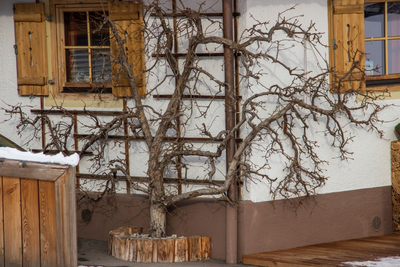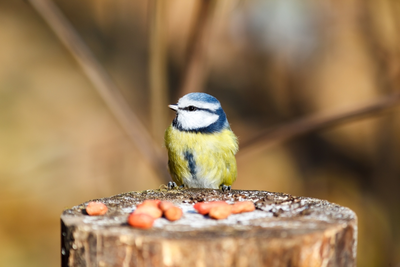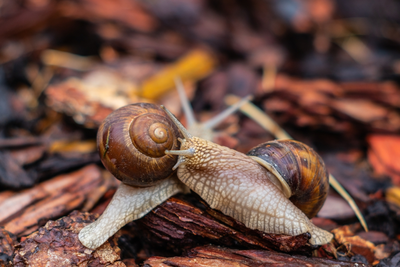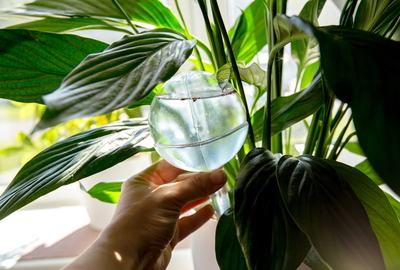
Most of the commonly-used home remedies against slug and snail attacks don’t work, according to recent research by the Royal Horticultural Society.
In the first trial of its kind, the RHS sowed 108 lettuces in a series of pots and raised beds at its John MacLeod Field Research Facility in its flagship garden at Wisley, Surrey. Each group of lettuce was given one of five home remedies used to deter slugs and snails: copper tape, eggshells, grit, pine bark mulch and wool pellets. The lettuces were grown for six weeks before being harvested, and the leaves of each lettuce examined using a leaf area meter which calculated the proportional damage.
The results showed that slugs and snails inflicted the same damage on lettuces ‘protected’ with the remedies as without any protection at all. Lettuces planted in the ground were found to be more susceptible to slugs, with 5.7% of each eaten on average. This compares to just 0.2% of those in pots, although container-grown lettuces yielded a lower harvest. On the plus side, lettuces treated with wool pellets or pine bark yielded a 50% bigger crop as the treatments acted as both a fertiliser and a mulch.
It’s thought the remedies don’t work because although the rough and sharp textures of grit, eggshells and other barriers look unattractive to soft-bodied animals, the thick mucus of slugs and snails acts as a protective shield, enabling them to glide over the top.
As a result of the trial the RHS is now recommending five alternative methods gardeners can use to tackle their no.1 enemy:
- encourage plenty of garden predators such as frogs, toads and birds
- remove as many slugs as possible by hand
- set beer ‘traps’ which lure slugs in to a boozy death
- water on nematodes in spring – natural predators which kill slugs below ground
- use wildlife-friendly ferrous phosphate pellets




